Wildlife Conservation Medicine
2nd Edition
- Specialist speakers
- English
- November - May
- 5 modules
- 100% Online
- 16 hours of session per topic
- Opportunity to pay in 4 installments
Presentation
Graduate Coordination
Skills
- Recognize and discuss the interconnections between human, animal, and environmental health
- Manage infectious diseases at the interface between animals, humans and the environment
- Collect, analyse and interpret data to inform decision-making in at the human-animal-environment interface
- Determine a sampling strategy for a surveillance system
- Transform raw data into actionable knowledge and ultimately, actionable wisdom
- Recognize the anatomical and physiological characteristics relevant to avian conservation medicine
- Design a safe and effective plan to capture, contain and transport wild birds
- Assess, diagnose and treat diseases in wild birds
- Implement preventative and mitigating measures
- Evaluate and interpret scientific evidence in the context of avian conservation medicine
- Design a safe capture, restraint and immobilization plan for reptiles
- Perform examinations, and establish a diagnosis and treatment plan for reptile diseases
- Design a safe capture, restraint and immobilization plan for amphibians
- Address health issues in amphibian conservation
- Establish priorities and make clinical decisions in marine wildlife conservation
- Incorporate knowledge in animal welfare and behavior into marine wildlife medicine
- Recognize ecologically relevant diseases of fish, marine birds and marine turtles
- Plan ahead for special challenges of marine mammal patients
- Recognize and manage priorities in mammal conservation medicine
- Design safe and effective capture and restraint plans for wild mammals
- Assess, diagnose and treat relevant diseases in wild mammals
- Design quarantine protocols and preventative plans
- Integrate community engagement into conservation medicine
The Postgraduation in Wildlife Conservation Medicine is primarily designed for veterinarians and final stage veterinary students. However, the program also acknowledges the interdisciplinary nature of wildlife conservation and the One Health approach. As such, it can accommodate professionals from related fields—including biologists, ecologists, public health specialists, and environmental scientists—whose work intersects with wildlife health and conservation. Participation from these groups is welcome under specific circumstances, where their roles support or complement veterinary-led initiatives. This inclusive design ensures the program remains collaborative while maintaining a core focus on veterinary expertise.
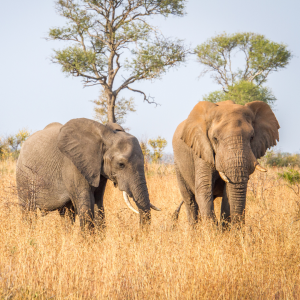
This course includes:
- Certificate of Completion
- Registration
- 80h
Testimonials:
It gave me exposure to a unified "One Health" approach to health, collaboration, and conservation. I was able to learn from a distinguished group of very accomplished faculty and participate with an equally stimulating group of peers. The administration was handled excellently as well. Truly grateful to have been part of this endeavour! Thank you!
As a final year Veterinary Medicine student who is passionate about wildlife and conservation, this course was just what I needed! A great starting point for all students wanting to step into wildlife conservation medicine or for those looking into consolidating their knowledge of this field!
It was a great course and I would totally do it all over again.
For more information, please contact formacao@euvg.pt
Lecturers

Carlos Gonçalo das Neves
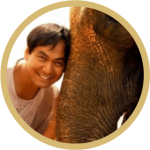
Norin Chai
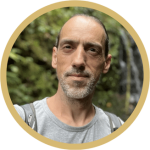
Tom Hellebuyck

Luís Pedro Carmo
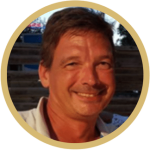
Manuel Garcia Hartmann
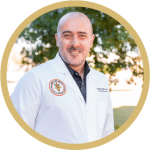
João Brandão

Carolina Bento
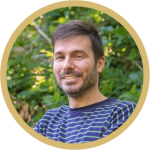
Gonçalo Rosa

Jorge Soares

Nuno Marques Pereira
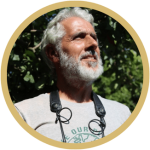
Ricardo Brandão
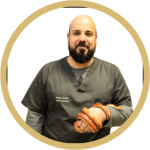
Hugo Lopes
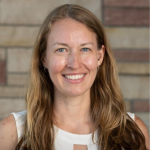
Miranda J. Sadar
Dr. Miranda Sadar is a graduate of the Colorado State University’s College of Veterinary Medicine and Biomedical Sciences. After graduation, she completed a one-year clinical internship in zoological, zoological companion animal, and wildlife medicine at the Western College of Veterinary Medicine in Saskatoon, Saskatchewan. After finishing a two-year fellowship at the Wildlife Center of Virginia, she completed a zoological residency with a focus on zoological companion animals at the University of California, Davis. Dr. Sadar was an Assistant Professor at the Western College of Veterinary Medicine for two years prior to moving back to Colorado State University, where she is an Associate Professor in the Avian, Exotic, and Zoological Medicine service. In 2016, she became a Diplomate of the American College of Zoological Medicine. Dr. Sadar’s research interests focus on minimally invasive modalities to decrease stress, both situational and painful stress, in non-traditional species.
